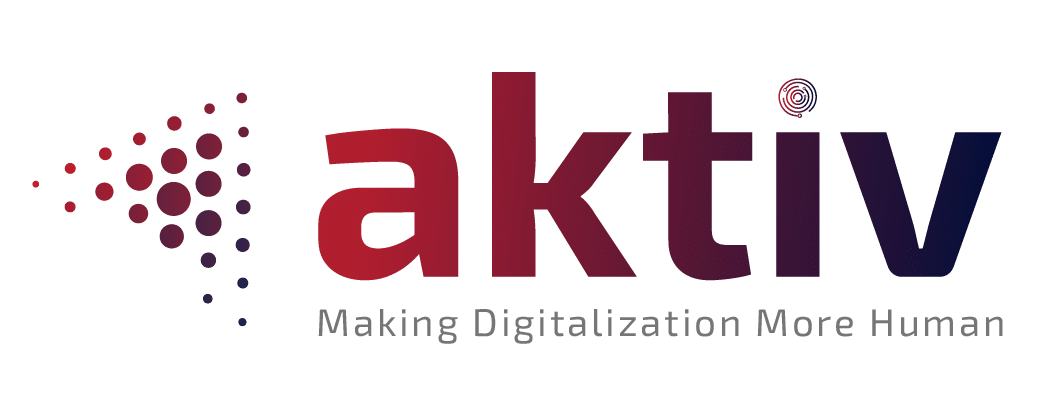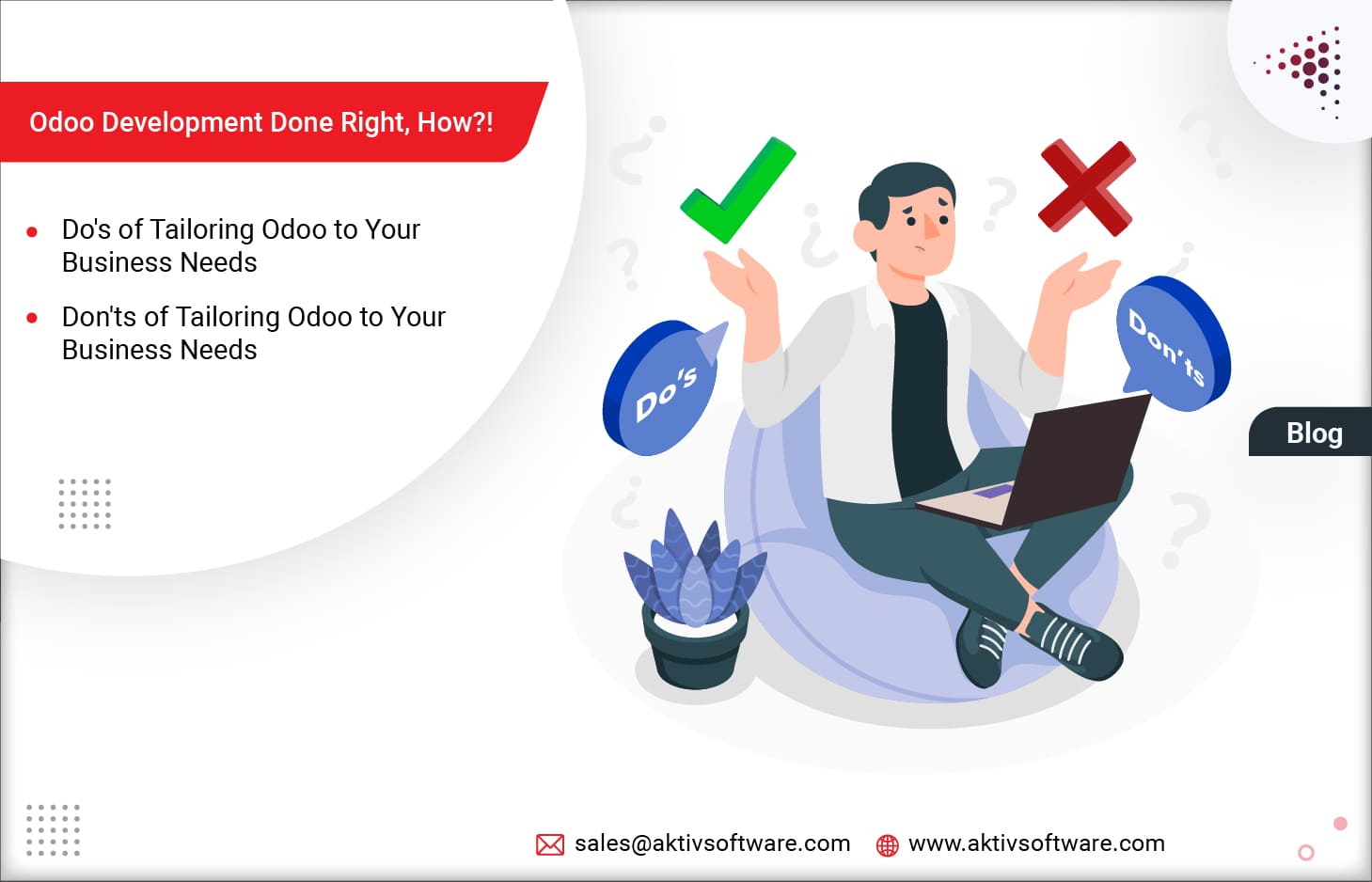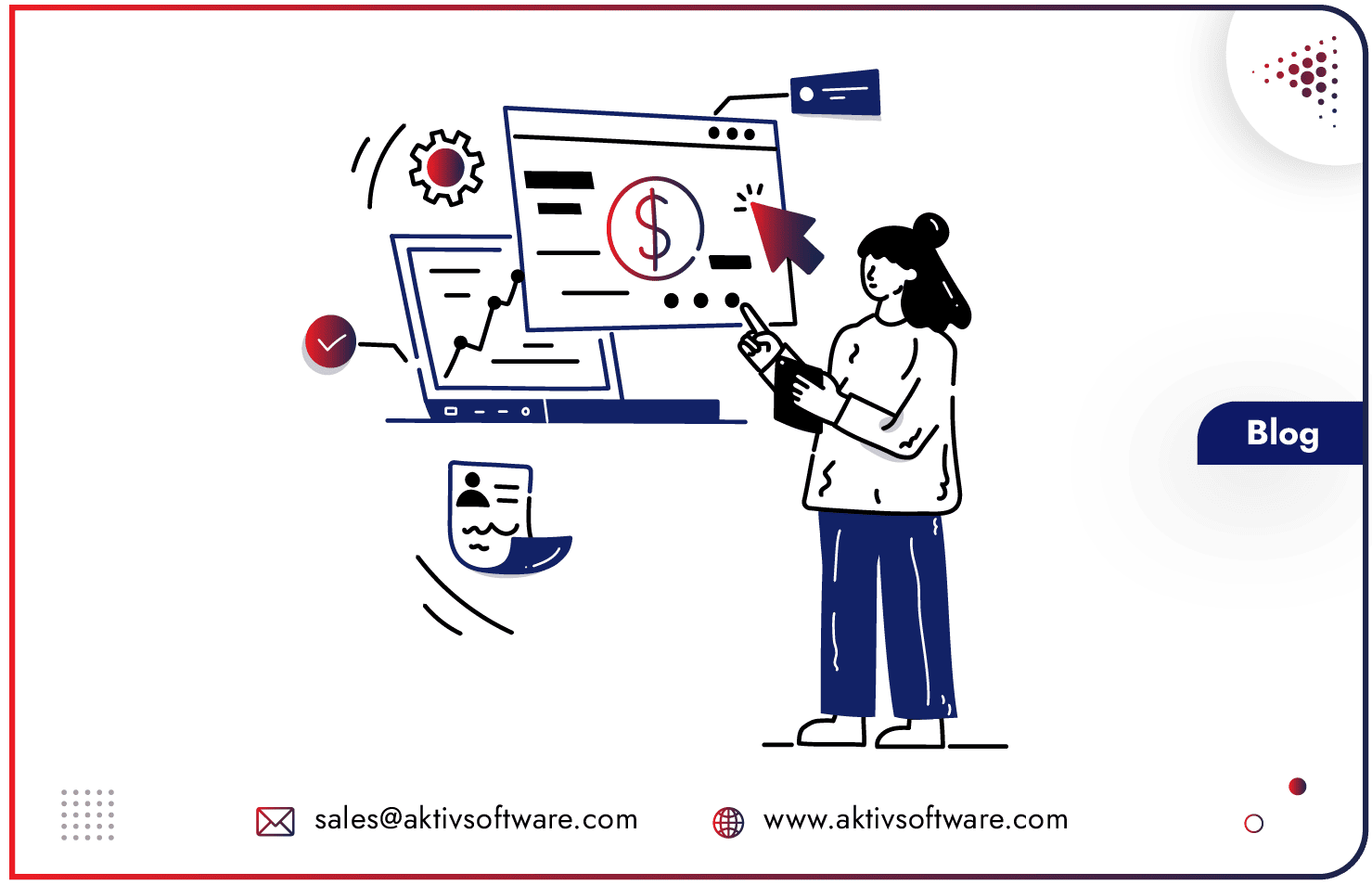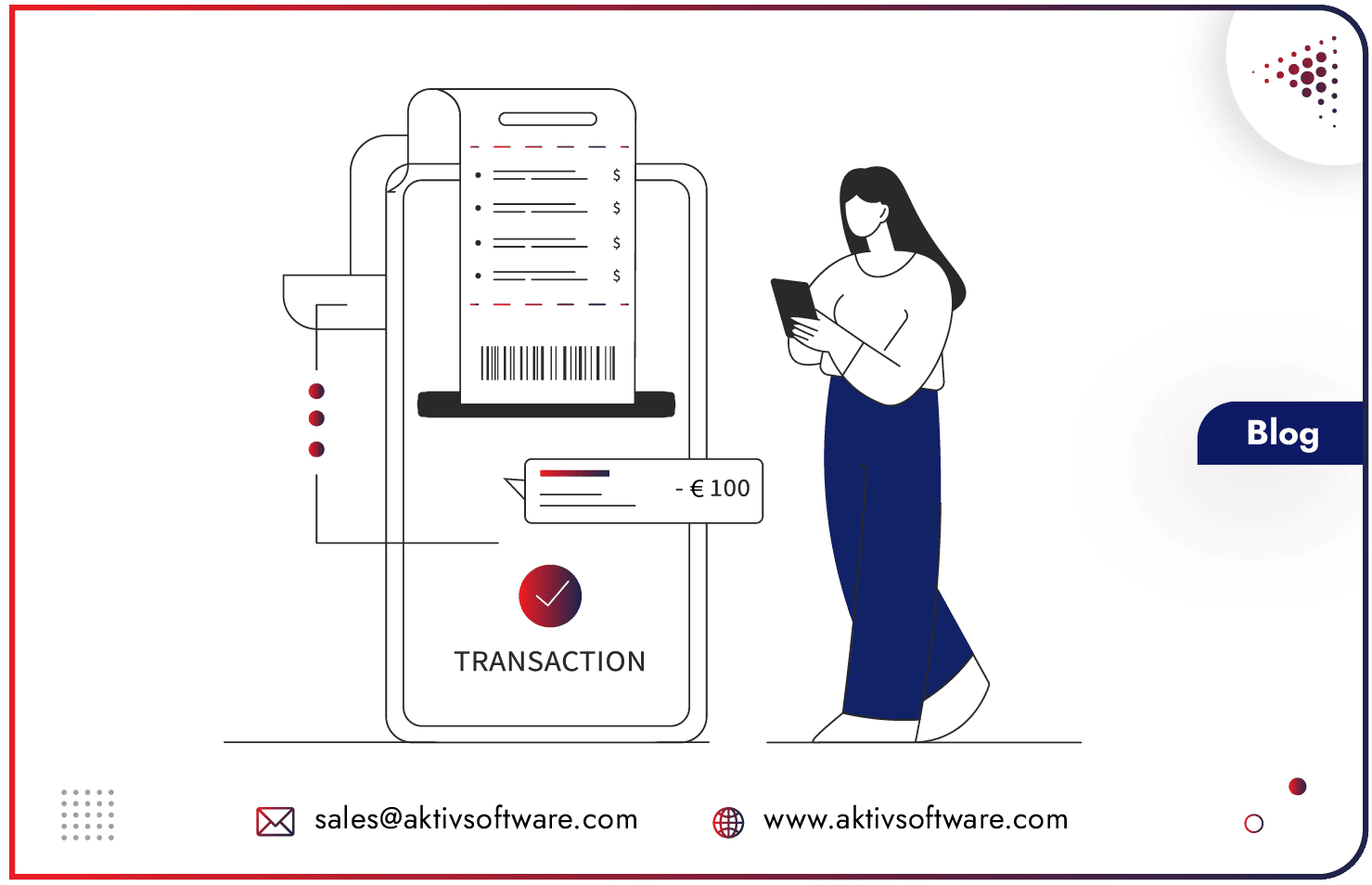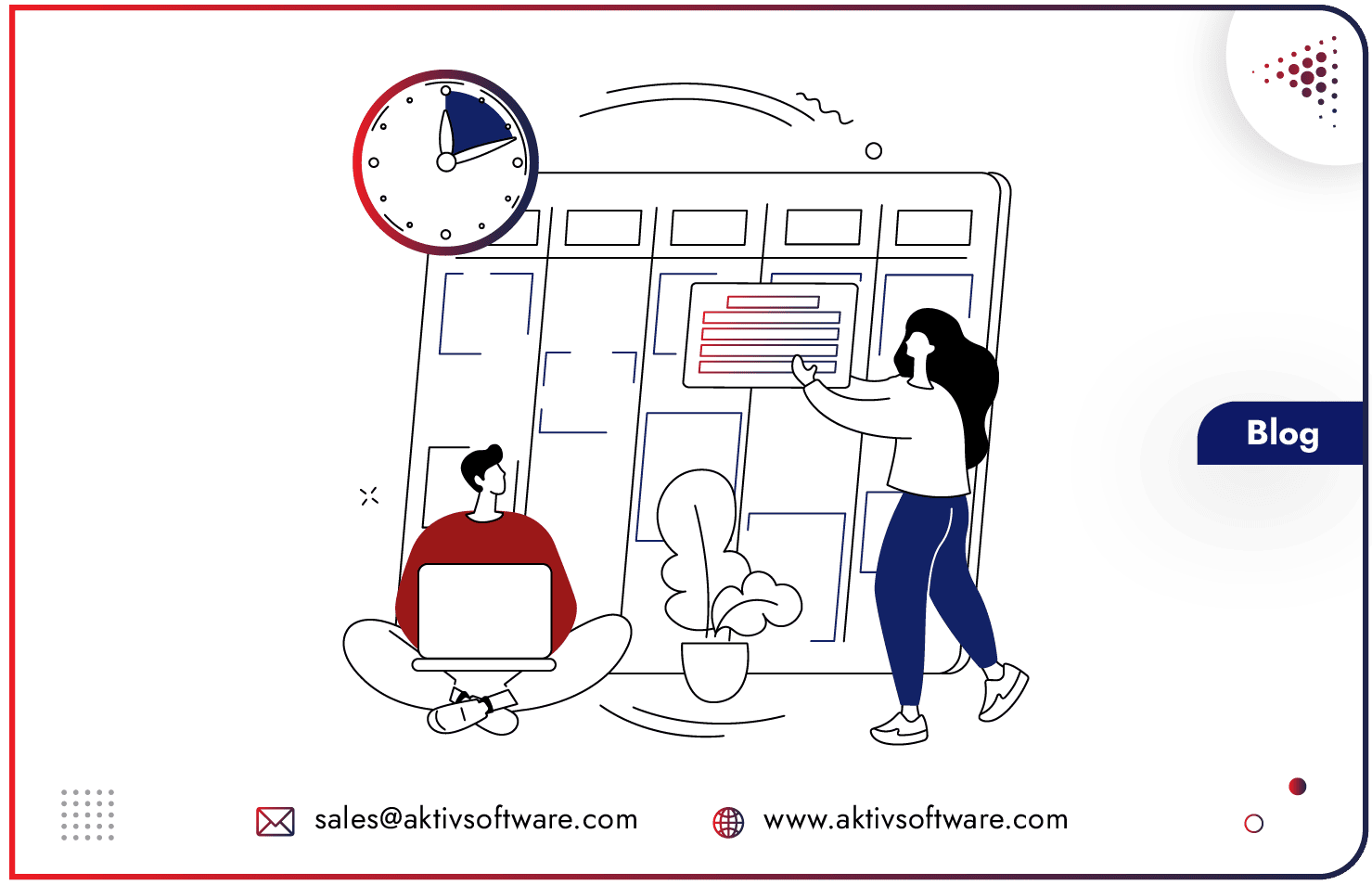Odoo is a powerful ERP system that handles a wide range of business functions, from sales and inventory management to accounting and human resources. Its comprehensive set of applications helps businesses streamline their operations and work more efficiently. To build custom product that align with the unique business requirements we follow odoo development standards to complete project timely delivered to the clients.
Owing to Odoo’s vast ecosystem of apps, it can meet almost all types of business needs, making it an ideal choice for companies of all sizes and industries. However, businesses often need to adjust ERP systems to fit their specific processes and preferences, and this is where Odoo’s open-source nature stands out.
The ability to configure and customize Odoo to meet unique business needs can improve workflows and make the system easier for employees to use.
Despite these advantages, it’s important to approach Odoo Implementation carefully.
In this article, we explore the best practices of Odoo development to help you make the most out of the software.
Odoo Module Development Do’s: The Rituals we love to follow!
1) Prioritize Business Needs
Before diving into the Odoo development phase, it’s essential to have a clear understanding of the client’s business processes and requirements. We conduct a thorough analysis to identify the pain points and areas where Odoo can provide the most value.
Finally, techno-functional consultants will collaborate with devs to gather comprehensive insights into managing your business needs and challenges within Odoo.
2) Avoid Unnecessary Customizations
Odoo comes with a wide range of standard modules that cover various business functions.
So, as the business requirements are laid down, we begin to check how well Odoo’s modules will fit your needs. We try various ways to avoid unnecessary customizations:
- Implement Odoo, Out-of-the-box:
Often, the out-of-the-box features can address many requirements without the need for extensive customization. This approach saves time and reduces complexity.
Want to implement Odoo out of the box? Explore the Quickstart Implementation Approach>>
- Leverage Odoo Studio:
Odoo Studio is a powerful tool that allows you to customize the platform, modify workflows, and design custom reports. If used carefully, Odoo Studio can expedite the customization process and enable quick iterations.
- Check the Need for Ready-to-use Odoo Apps:
In addition to Odoo’s standard modules, we explore the marketplace for third-party Odoo apps. These apps can offer specialized functionalities and enhancements that might be exactly what you need, reducing the need for custom development.
3) Customize the Necessary
As per our business requirement analysis, we understand that not all customizations are equally critical.
We instead prioritize the customizations based on their impact on your business operations, focusing on high-impact areas that provide significant improvements in efficiency and productivity.
This helps in managing resources effectively and ensures that the most important features are developed first.
We also maintain comprehensive documentation of all Odoo customization enfolding the changes made, the rationale behind them, and the implementation details for future troubleshooting issues during upgrades.
5) Engage Experienced Odoo Developers
We understand the significance of successful ERP Implementation. Rest assured, we engage experienced Odoo developers who are familiar with the platform’s architecture and best practices for your project.
Our Odoo developers are well-versed with various Odoo modules. Besides, Our programmers are well-read and certified and ensure fluency in the language, so you are sure to face zero language barriers!
- Following Odoo Coding Standards
Our developers follow Odoo’s coding guidelines adhering to these guidelines promotes code consistency, readability, and maintainability, making it easier to manage and update your customizations in the future.
7) Test Rigorously
Before deploying any customizations, we ensure thorough testing in a staging environment. This helps us identify and resolve issues before they impact your live system.
Further, we also conduct user acceptance testing (UAT) to validate that the customizations meet the business requirements and perform as expected.
Odoo Custom Development Don’ts: Things we avoid!
1) Over-Customization/Over-riding Existing Workflows
One of the common pitfalls in Odoo development is over-customization. While it’s tempting to tailor every aspect of the platform to match your exact requirements, excessive customization can lead to a complex and hard-to-maintain system.
That’s why we prefer to stick to essential customizations and leverage standard functionalities wherever possible.
Overriding standard Odoo functionality can cause issues with future updates and system stability.
Instead of overriding core features, look for ways to extend or enhance them to maintain compatibility with new Odoo versions and avoid disruption in the overall system.
2) Ignore User Training
Customizations can introduce new workflows and interfaces that users need to learn. We encourage clients not to overlook the importance of user training and support and help them with extensive training programs to ensure utilizing maximum potential of the software.
3) Skip Requirement Documentation
Skipping the documentation of requirements can lead to misunderstandings and misaligned expectations.
We have this practice of clearly documenting all business requirements, customization needs, and project scope. This documentation serves as a reference point for developers and stakeholders throughout the project.
5) Avoid Isolated Development
Developing customizations in isolation can result in integration issues and functional discrepancies. We ensure that customizations are developed in an integrated environment, considering the interdependencies between different modules. Regularly sync with other development teams to maintain alignment.
6) Neglect Security Considerations
Security is a critical aspect of ERP Implementation.
We don’t neglect security considerations while performing Odoo Development. We implement proper access controls, validate inputs, and adhere to security best practices to protect sensitive business data and prevent unauthorized access.
7) Rushing the Development Process
Rushing the Odoo Development process can lead to subpar customizations and technical debt. So, we prepare a scope where we allocate sufficient time for planning, development, testing, and deployment.
8) Module Conflicts
When adding custom development or third-party apps to an already customized Odoo setup, we stay alert about potential conflicts. Module conflicts can lead to unexpected behaviours and system crashes, so we test all modules thoroughly to ensure they work seamlessly without interfering with each other.
9) Deploy Directly to the Production Environment
We use a staging environment to test all changes thoroughly. This practice helps identify and resolve any issues before they affect your live system, ensuring smooth and reliable operations.
Tailoring Odoo to your business needs involves a careful balance between customization and leveraging standard functionalities. Maintaining these rituals of DOs and Don’ts, we ensure a powerful and efficient system that drives your business forward.
Considering Odoo Development for your requirements? Contact us for a free consultation call!

